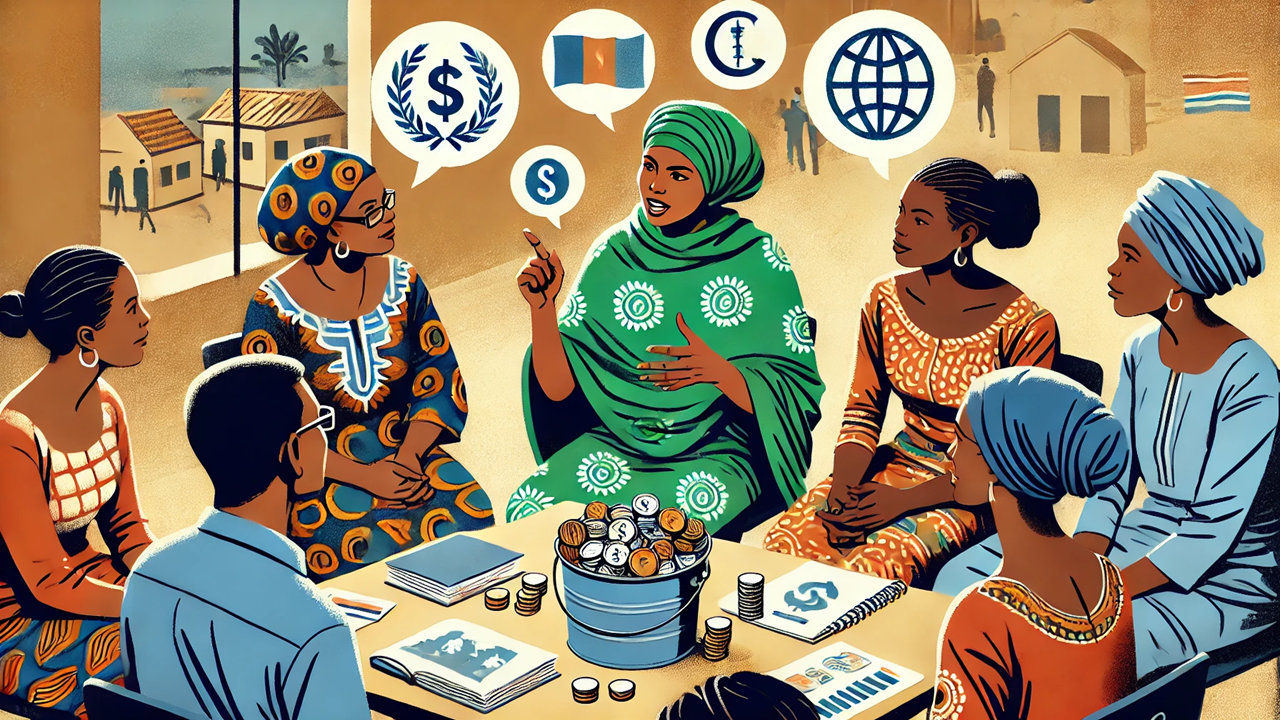Tanzania's Path to Gender Equality: Legal Reforms to Ending Violence Against Women
Racheal Boma, UN Women's Programme Specialist, commended the government for its efforts but emphasized the need for continued focus on reviewing and amending discriminatory laws.

Tanzania has made commendable progress in addressing violence against women through legal measures, including the Sexual Offences Special Provisions Act and the National Plan of Action to End Violence Against Women and Children. While these efforts have heightened awareness and strengthened protections, gaps in the legal framework persist, with discriminatory laws still in place that hinder women's rights and full access to societal benefits.
Recognizing the urgency of legal reforms, UN Women, with support from the Government of the Netherlands and the European Union Delegation in Tanzania, launched a pivotal study titled "Analysis of Laws of Tanzania Mainland and Zanzibar from a Gender Perspective" at a multi-sectoral dialogue in Zanzibar. This study recommended 76 legal reforms, including repealing discriminatory laws, amending existing ones, and enacting new legislation to align with international human rights standards.
Marriage Laws: Justice Winfrida Beatrice Korosso emphasized the need to align the legal marriage age with adulthood to protect young girls.
Workplace Equality: Addressing issues like equal pay, sexual harassment, and sextortion remains critical to promoting gender equality in employment settings.
Inheritance Rights: Nisha Arekapudi, a Policy Specialist at UN Women, pointed out gaps in women's inheritance rights shaped by religious and customary laws, which contribute to legal disparities.
Government Commitment and Progress: Member of Parliament Hon. Ali Hassan Omar King underscored the importance of integrating gender equality into national budgets and development plans, noting that ministries are now assessed against long-term gender equality goals.
Racheal Boma, UN Women's Programme Specialist, commended the government for its efforts but emphasized the need for continued focus on reviewing and amending discriminatory laws.
Beyond legislation, Justice Korosso stressed the importance of educating those responsible for enforcing laws, noting that awareness and understanding are crucial to effective legal implementation.
The dialogue concluded with a joint statement, "Forging Pathways to End All Forms of Violence Against Women and Girls," highlighting the need for integrated gender equality measures in legislation and a collective effort to eradicate violence against women and girls. Participants committed to further strengthening legal frameworks, advocating for the repeal of discriminatory laws, and fostering a culture of zero tolerance toward gender-based violence.










